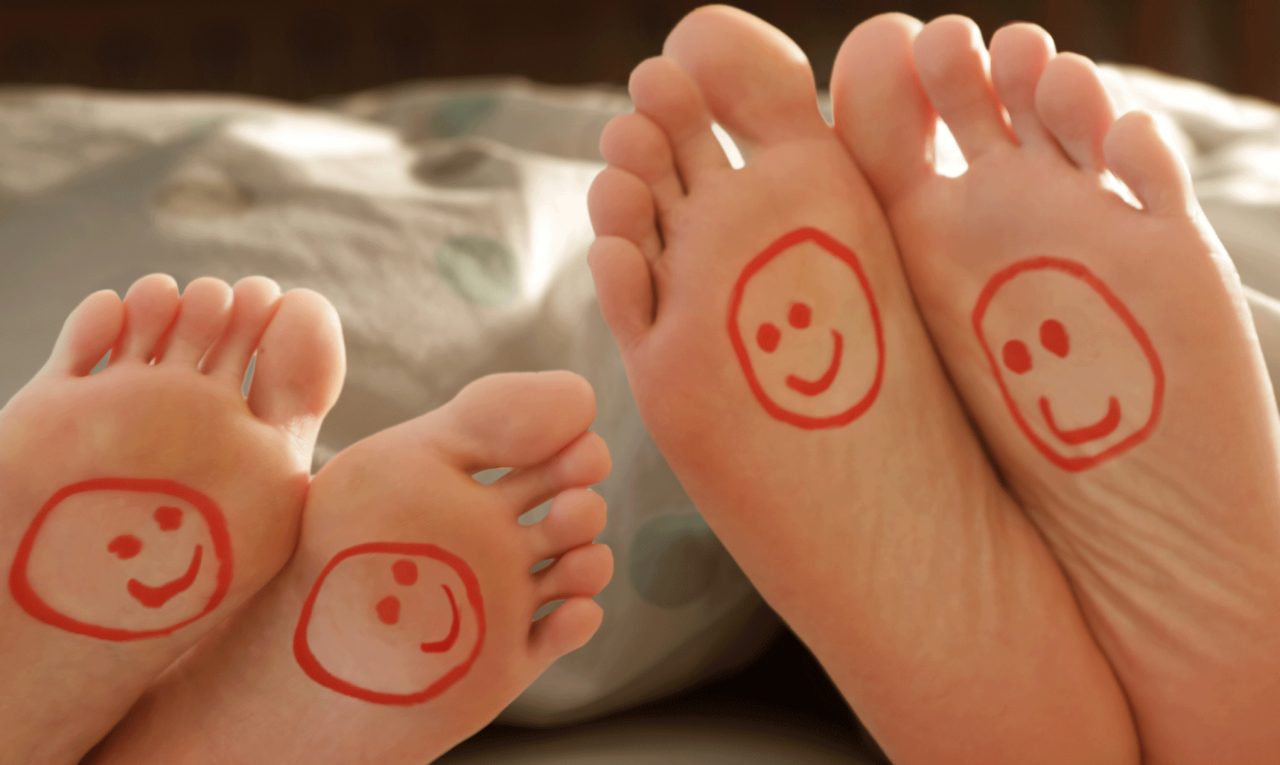Hormones May Not Help Rev Up Your Sex Life

Many women lose interest in sex after menopause and hope HRT will help. But researchers have found that HRT might not help.
You’ve hit menopause and have become less eager for sex. Are you hoping hormone replacement therapy (HRT) will help boost your desire or make arousal come more easily?
The first thing you need to know: losing desire in your post-menopause years is only a problem if you think it is. Many women simply move on. In a survey by the North American Menopause Society (NAMS), only half of women in their 50s reported masturbating or having sex in the previous year, and the numbers dropped in each of the next decades.
Women tend to be most upset about this from the ages of 45 to 64, NAMS reports, then stop worrying. A smaller group keeps up their sex lives — in the same survey, about a fifth of women in their 80s said they masturbated.
YOU MIGHT ALSO LIKE: The Pros and Cons of Hormone Replacement Therapy (HRT)
If you want to keep the flame lit, remember that even if you don’t feel lustful when you get started, you can still enjoy masturbation, touching, or intercourse or oral sex and have an orgasm. Depending on your symptoms, you may benefit from medical care. But HRT isn’t likely to be the sole fix. In a small study of women between the ages of 45 and 55, researchers found that those who used HRT didn’t have more desire or an easier time becoming aroused. Women who saw themselves as having a sexual problem did tend to have more severe menopause symptoms — but they weren’t more or less likely to be using HRT.
So, what can you do to rev up your post-menopause sex life? Consider medical help to evaluate and address any of these factors:
Your medication could be getting in the way
Medicines that dampen libido include all of the common antidepressants, heart meds, the blood pressure medication Clonidine (it also comes as the patch called Catapres), and the heartburn over-the-counter (OTC) drug Tagamet (cimetidine). Ask for another option. Antihistamines can make it harder to lubricate.
Sex may be painful
About half of all post-menopausal women find that their vaginas become dryer, which can make sex painful for up to nearly 80 percent of this group. You’ll need more lube and foreplay than you did in your 20s. Try the OTC product Replens.
If need be, taking estrogen directly to your vagina isn’t thought to be a cancer risk, as very little enters your blood stream.
You can use an estrogen cream, dispense tablets inside the vagina, or wear a ring that dispenses the hormone over three months.
Non-estrogen options for dryness are also available. Osphena (ospemifene) is a pill you swallow. Intrarosa (prasterone) is a pill you inject into the vagina
Be sure you are evaluated for fibroids, ovarian cysts, and pelvic inflammatory disease.
Some women experience "pelvic prolapse" — when your bladder or another pelvic organ drops and pushes against your vagina. You might try different positions, for example sitting on your partner’s penis.
Don’t keep it secret if you have pain in the external part of your genitals, the vulva rather than the vagina, which may not be dry. This is a rarely diagnosed but not uncommon condition called vulvodynia — and can happen even if you’re taking HRT, so again HRT may not be the fix. You may also have another pain issue — irritable bowel or bladder infection symptoms without an infection.
As with other pain problems, cognitive behavioral therapy (CBT) can help you learn different mental and emotional responses to your sensations can be helpful.
Relationship tension
Losing interest in sex doesn’t mean you’re with the wrong partner. But you may need to resolve issues that are keeping you from feeling relaxed and open to pleasure.
One study of women who had pain during intercourse reported that a third never told their partners about the issue. They often said that they didn’t share their partner’s sexual preferences or appetite, but they were no less likely to be happy with the relationship overall than women who didn’t experience pain.
Secrets create other problems, of course: Your partner may come to a wrong conclusion about your lack of interest in sex that could hurt the relationship more. There are lots of ways to feel close that don’t involve intercourse.
Updated:
November 08, 2021
Reviewed By:
Janet O’Dell, RN